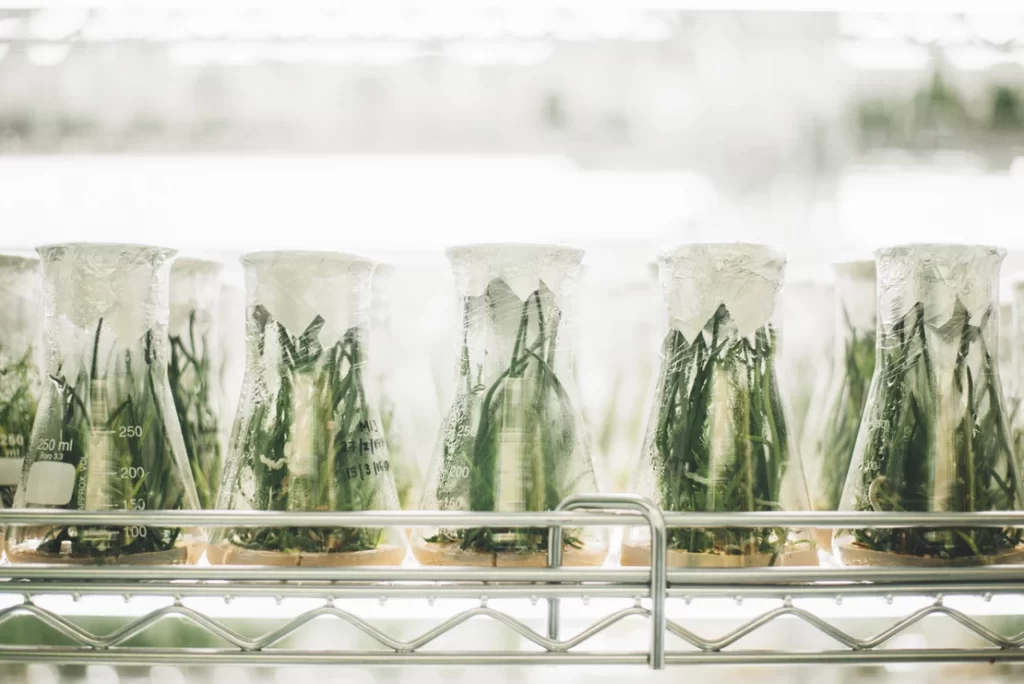It is without a doubt that All-Natural and Organic products are rising in popularity, and currently a huge trend in the personal care market. A growing amount of consumers are now asking, “what is in my products?” There is such a wide variety of ingredients out there that can be used in the creation of personal care products. Many times you will see a product on the shelf that says “made with all natural ingredients” or “made with organic ingredients”.
Organic and All-Natural are not the same thing, in fact they have a few major differences

All-Natural can mean that the ingredients are produced in nature, but this does not necessarily mean that they are organic. For example, an all natural product can be made with plant based ingredients, but also can have man-made or synthetic ingredients present in the formulation. There are no regulations around the term “All-Natural”, and it is used quite loosely. Just because a company claims that there product is all natural, does not mean it is safe, and it does not mean that the product has been inspected, tested or certified in anyway. Many companies use this term as a clever marketing tactic.
Organic Ingredients
Organic strictly refers to ingredients grown without the involvement of pesticides, artificial fertilizers, and any other synthetic ingredient. In order to be considered organic, a product must be at least 95% – 100% synthetic-free ingredients. The use of the word organic is highly regulated, and the use of this word means that a brand or ingredient has been certified by the USDA or ECOCERT
In order to be certified, the USDA outlines several steps on their website, but we are going to give you a rundown of this process.
Step 1: Develop an organic system plan.
The organic system plan is the foundation of the organic certification process. Created by the producer or handler seeking certification, it details how an operation will comply with the regulations based on its unique characteristics.
Step 2: Implement the organic system plan and have it reviewed by a certifying agent.
Organic operations are certified by private, foreign or State entities that have been accredited by USDA. These entities are called certifying agents and are located throughout the United States and around the world. Certifying agents are responsible for ensuring that organic products meet all organic standards.
Step 3: Receive the inspection.
Every operation that applies for organic certification is first inspected on site by a certifying agent. These comprehensive top-to-bottom inspections differ in scope depending on the farm or facility.
Step 4: Inspection Report.
The inspector presents findings to the certifying agent following observation of practices on the farm or facility as they compare to the organic system plan.
Step 5: Decision.
If an operation complies with the rules, the certifying agent issues an organic certificate listing products that can be sold as organic from that operation. The organic farm or facility continues to update its plan as it modifies its practices, and an inspection is done at least once a year to maintain certification.
Organic is probably the safest option for any product that is topical or anything that is ingested, however, just because an ingredient is synthetic, does not necessarily mean it is bad. Products that are labeled All-Natural are not necessarily bad either. We always advise you to do your research on each ingredient, and do what feels best for you.

